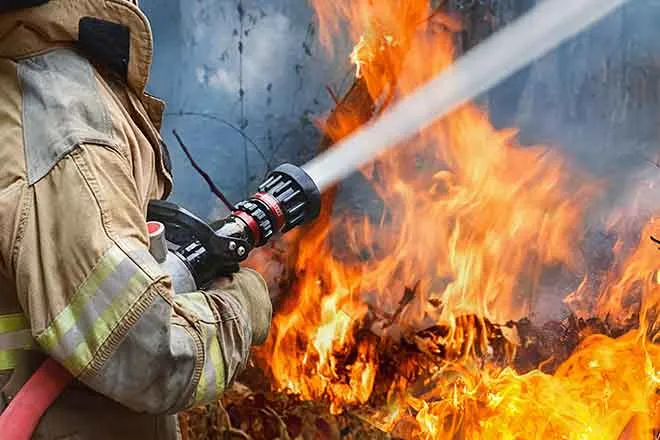
Moving opioid treatment into primary care to expand access
(Colorado News Connection) Each year some 68,000 people in Colorado and across the U.S. die from opiate overdoses, largely due to lack of treatment, and federally qualified health clinics in southwestern Colorado are pioneering an effort to give people access to care at the same place they get their annual medical, dental and vision checkups.
Jeanne Marotta, a family nurse practitioner with Axis Health System in Pagosa Springs, said getting people onto alternative medications can save lives.
"Medication Assisted Treatment works," Marotta said. "We can roll it out quickly, we can get people over onto this other medication very quickly. And we can prevent those deaths that otherwise are going to continue to happen on a daily basis."
Marotta said the increased use of powerful synthetic opiates, including fentanyl, has led to a high number of unintentional overdoses. The treatment gives patients medicines that are safer than opiates as those people work to move past addiction.
Since 1999, the number of opiate-related deaths has increased every year, and overdoses have risen by 44% since the onset of the pandemic.
Taylor Miranda Thompson, a senior quality initiatives manager with Colorado Community Health Network, is working with Axis staff on clinical guidelines, policies, best practices and workflows for Medical Assisted Treatment. She said because of the health centers' unique team-based approach, patients have access to both medical and behavioral professionals throughout the process.
"A patient may get a prescription. At the start maybe it's just a couple of days," said Miranda Thompson. "They take it on a daily basis at home, and then they would come back to their primary-care provider, their treatment team, to see 'how are you doing? Is it working for you?'"
Marotta encouraged anyone struggling with addiction to check in with their primary-care provider. Even if they are not ready to quit, there are ways to prevent accidental death. Make sure you're not alone when using, and have Narcan on hand, which can reverse the effects of opiates in the event of overdose.
Narcan is available without a prescription at most pharmacies and can be administered by anyone nearby who happens to witness a potential overdose.
"Even if you decide that medication assisted treatment is not the best option for you at this time, part of harm reduction is making choices - if you are going to use opiates - to do so in the safest manner possible," Marotta said.
















